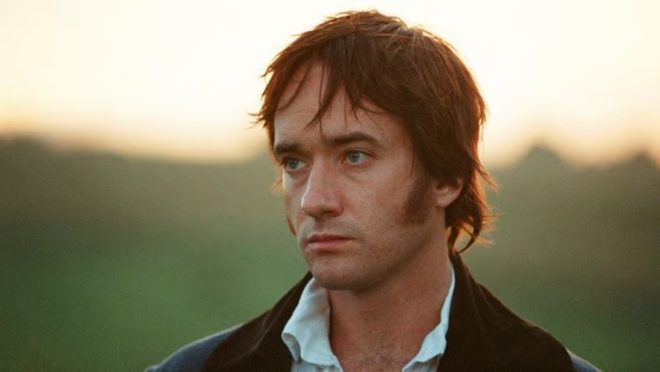‘He is such an awful man’: Why readers are all wrong about Mr Darcy
‘He is such an awful man’: Why readers are all wrong about Mr Darcy

Jane Austen’s Pride and Prejudice isn’t just her most beloved novel — it’s one of the most widely read works in English literature. First published in 1813, it followed Sense and Sensibility and still carries a youthful sparkle compared to the formal Emma or the sombre Mansfield Park.
For over two centuries, readers have adored its characters, wit, and charm, while countless adaptations have tried to define it as either a “fairy tale” or a “romcom.” In his BBC article, “He is such an awful man: Why readers are wrong about Mr Darcy,” Sebastian Faulks reconsiders how readers have long misunderstood Jane Austen’s most famous hero.
At first glance, Pride and Prejudice seems to be a story of two people — Elizabeth Bennet and Fitzwilliam Darcy — destined for each other, each having to overcome their pride or prejudice before they can be happy.
But from the opening sentence, Austen begins to play with us. Her so-called “truth universally acknowledged” is clearly false, and the next paragraph immediately contradicts it. It isn’t the rich man seeking a wife; it’s the mothers seeking rich husbands for their daughters. From the very start, Austen undercuts both society’s conventions and her own story — inviting the reader to join in her quiet rebellion.
The true brilliance of this novel lies in the vitality of its characters, especially Elizabeth Bennet — confident, clever, and spirited. Yet the book’s richness goes beyond her. Austen’s shifting narrative perspectives make readers complicit, often without realising it. Her wit keeps us entertained, but her layered storytelling challenges us to look deeper.
And that’s where Mr Darcy becomes a problem.
He is, quite simply, an awful man. Or at least that’s how he appears. Spoiled by wealth and privilege, Darcy considers many people “beneath” him. Readers are asked to accept that all this can be corrected by the influence of one witty, strong-minded woman. But Austen gives us more than that: Darcy isn’t merely proud — he’s cruel. His first proposal to Elizabeth is both insulting and self-serving: “Could you expect me to rejoice in the inferiority of your connections?” he says. It’s not exactly the declaration of love one dreams of.
Yet Austen complicates this picture. She gives Darcy a kind of melancholy that makes his arrogance seem less like vanity and more like despair. His friend Bingley describes him as “aweful” on certain occasions, especially when he has nothing to do. Perhaps Darcy’s coldness stems from something closer to depression than pride — a man paralysed by self-consciousness and unable to act naturally in society.
Still, his moral blindness is undeniable. He lies to Bingley about Jane Bennet’s feelings, interferes in others’ happiness, and later excuses himself with half-hearted remorse. For someone so proud of his honour, Darcy’s actions are riddled with hypocrisy. It’s Elizabeth’s energy that draws him out of this gloom — not his own moral awakening.
So, does Elizabeth truly love him? Or does she simply find herself drawn to his wealth, his status, or even the idea that she can “fix” him? Austen leaves these questions tantalisingly open. Elizabeth’s change of heart seems to come not from love, but from embarrassment — the shame of having misjudged Darcy and Wickham. In a world where class and reputation mattered deeply, such shame could easily feel like heartbreak.
By the novel’s end, Austen lets readers interpret the marriage as they will. Elizabeth has wit and vitality; Darcy has fortune and influence. Together, they form a partnership that balances practicality and passion — but whether it’s a love story or a social compromise depends on how we read it.
Perhaps that’s Austen’s greatest triumph. She allows her readers to disagree with her, to question her characters, and to see beyond the surface. Mr Darcy may remain as confusing and magnetic today as he was two centuries ago — and that’s precisely why Pride and Prejudice still endures.


